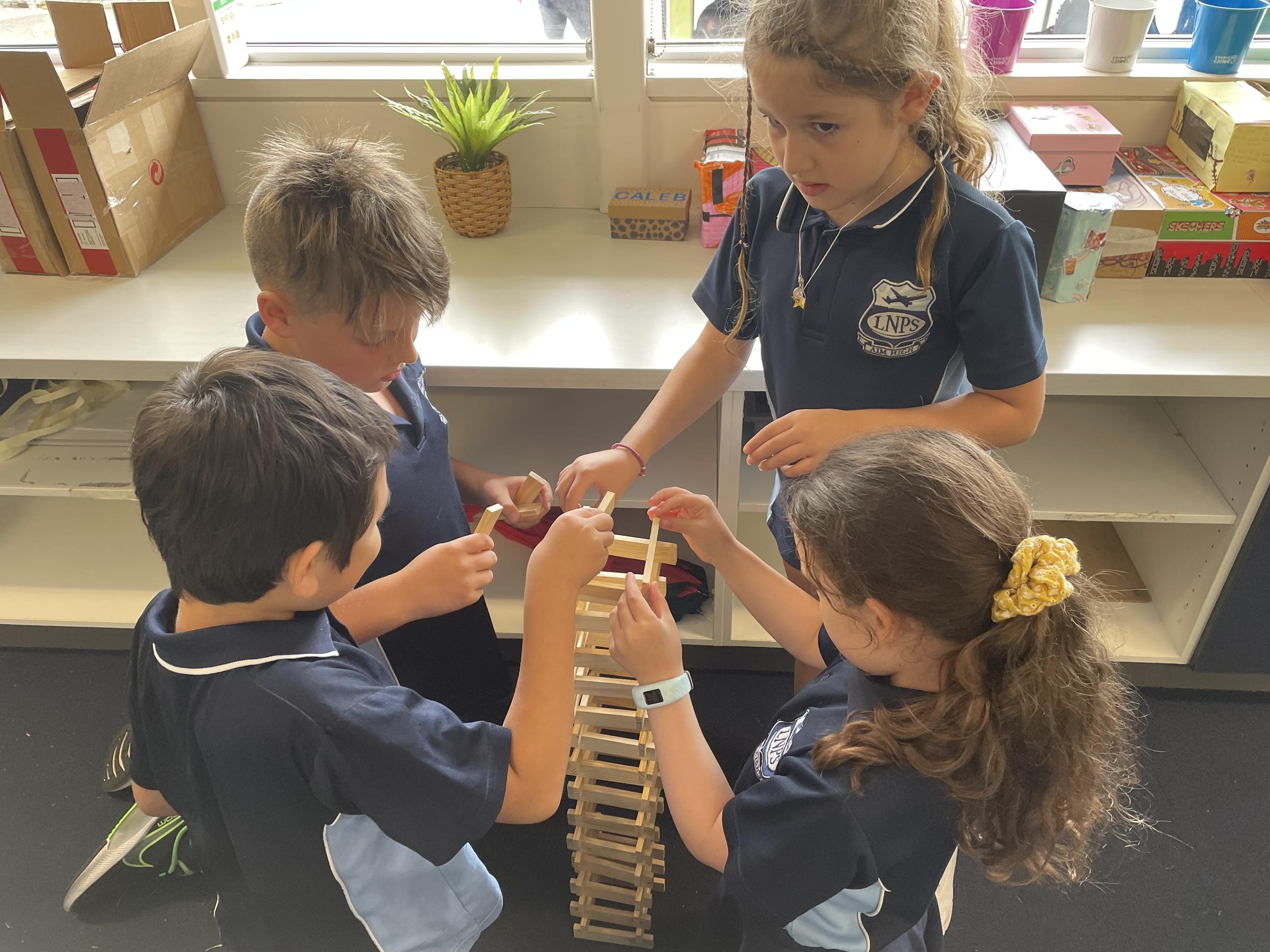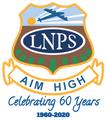HASS, Science and Languages

Science
A double lesson of Science each week, will provide opportunities for students to build onto their skills, knowledge and understandings to develop a scientific view of the world.
This term our main focus will be on Physical sciences, exploring forces and investigating the effect of forces and heat on the behaviour of an object. This will be followed next term by Biological sciences, enabling investigations of living and non living things, as well as life cycles of animals or plants.
Throughout the semester students will develop their Science Inquiry Skills through posing questions, making predictions, planning and conducting scientific investigations, and measuring, recording and communicating their observations. Data collection to identify patterns and compare findings with predictions is also a vital component. Safety will be paramount when using all tools and equipment and students are encouraged to actively consider sustainability by being resourceful and not wasteful.
Please remind your Year 3/4 child to check the Science Google Classroom weekly to see if they need to collect any items from home for our lessons.
Year 2 students will be informed in Science class and given a note when they need to bring materials from home.
Sofia Andreucci
HASS
Students will draw on their growing experience of their community and beyond. They will use information sources and observations to develop understandings about History, Geography and Civics and Citizenship.
Students will have opportunities to develop understanding through key concepts of - significance; continuity and change; cause and effect; place and space; interconnections; roles, rights and responsibilities; and perspectives and action.
Students will be learning how to effectively question, research, analyse, evaluate, reflect and communicate. This semester the students will in their year groups investigate History and Significance throughout History.
The Year 2 curriculum extends contexts for study beyond the personal to the community and to near and distant places that students are familiar with or aware of, exploring connections between the past and present and between people and places. Students examine remains of the past in their local area, coming to understand how connections have changed the lives of people over time and space and how their community values and preserves connections to the past. They study where they are located in the world and how the world is represented on maps and through place names that reveal the history and value of these places. Students explore other cultures’ connections to their local place and their own connections to distant places. Through a study of technological change, students see how they are both similar and different to people in the past and how they are connected to places near and far. The idea of citizenship is introduced as students think about how people are connected.
The Year 3 curriculum focuses on the diversity of people and places in their local community and beyond, and how people participate in their communities. Students study how places are represented geographically and how communities express themselves culturally and through civic participation. Opportunities are provided to learn about diversity within their community and other communities in Australia and neighbouring countries. Students examine how individuals and groups celebrate and contribute to communities in the past and present, through establishing and following rules, decision-making, participation and commemoration.
The Year 4 curriculum focuses on interactions between people, places and environments over time and space and the effects of these interactions. Students gain opportunities to expand their world knowledge and learn about the significance of environments, examining how people’s need and want of resources over time has affected peoples, societies and environments. Specifically, students study European exploration and colonisation in Australia and elsewhere up to the early 1800s and life for Indigenous Australians pre- and post-contact. They examine the concept of sustainability, and its application to resource use and waste management, past and present, by different groups. The curriculum introduces the role of local government, laws and rules, and group belonging and how they meet people’s needs. Themes of law and citizenship extend into their studies of diverse groups, the colonisation of Australia and other places, and how environmental sustainability is enacted.
German
Students will commence the semester exploring German through digital technology. They will first master some simple directional language, before learning how to sequence and abbreviate these instructions to write basic code to operate a Blue Bot. Students will have the opportunity to work with the bots and German floor mats on hire from the Goethe Institute, as well as the Blue Bots application on the iPads. The mats have different themes: alphabet, colours, numbers and groceries. This is an opportunity for students to revisit some of their core learning from R-2, and build upon this by interacting with peers/ teachers, using common regular verbs, using formulaic expressions to interact and exploring how language changes based on purpose and context.
In Term 2, students will embark on a unit called Gummibärchen (Gummy bears). Students will learn about the role of German entrepreneur, Hans Siegel Jr., founder of HARIBO, in bringing about the invention of gummy bear sweets. Students will describe the colours and flavours of the bears, count and graph the different flavours, conduct a science experiment with the bears, and invent their own unique gummy bear flavour. This unit brings together maths, science, art and German. Students will create simple sentences from modelled text, create texts in English and German, use coordinating conjunctions, compare aspects of German and English language and culture and identify German as an important European and global language.
Both units will be supported by the use of the Goethe Institute Felix and Franzi puppets, to encourage conversation and risk taking when speaking German.
Students will receive 1 x 50 minute German lesson per week on Mondays.
Emma Chesterman
